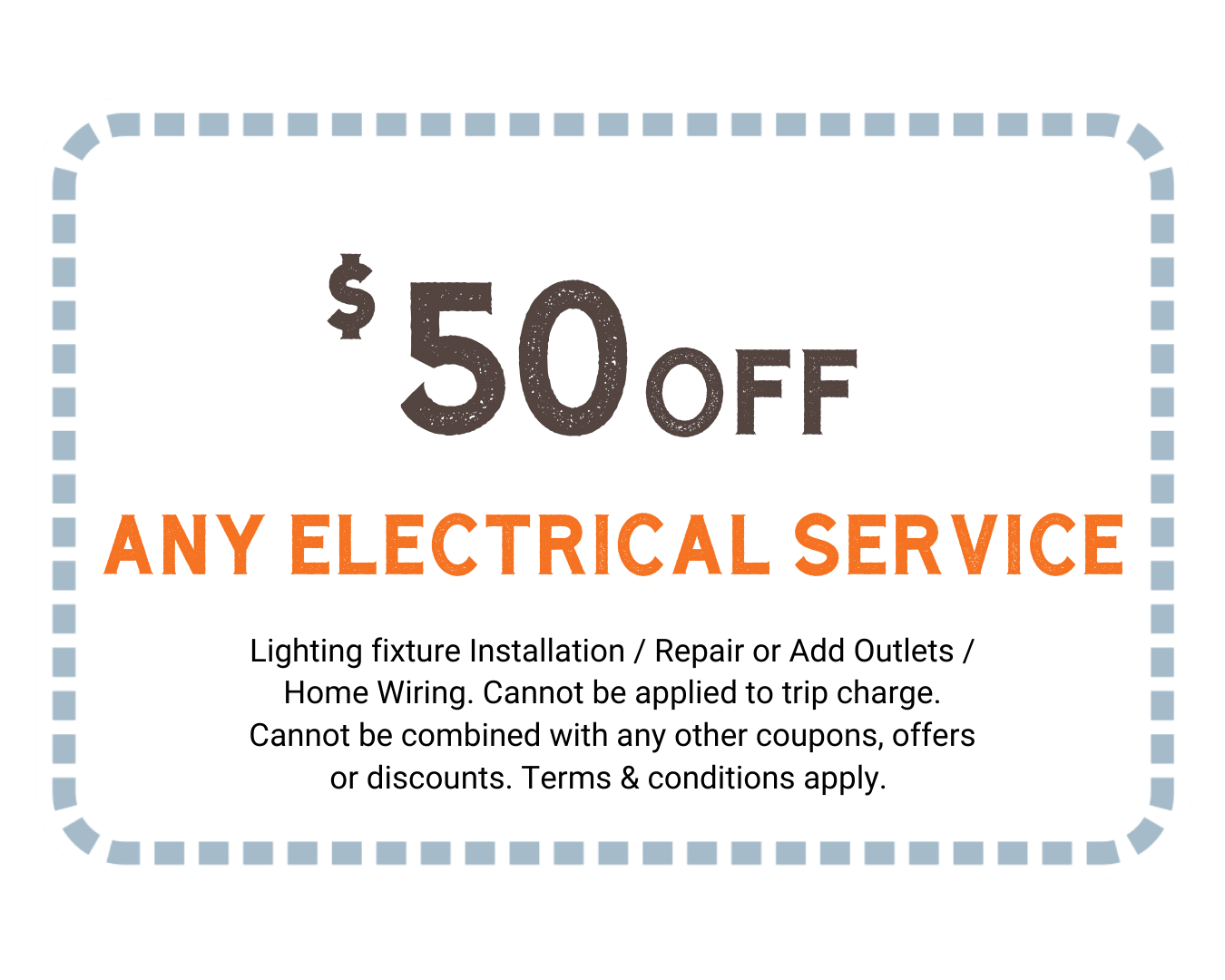Electrical Safety 101
Contact an Expert
Electrical Safety 101: What You Need to Know
Tons of electrical fires are caused by faulty or broken wiring and related electrical equipment, followed by lights, light fixtures, cables, plugs, transformers, and other power supplies. When inspecting your house for potential fire concerns, always check with an expert. Below, our Minneapolis electrical company Electrical Safety 101.
Tips for Electrical Safety
Many electrical fires may be avoided by following a few basic electricity safety guidelines. The following are household electrical safety guidelines that every homeowner should be aware of and adhere to. If you have any doubts regarding the safety of an electrical outlet or device, always contact an electrician near me.
1. Verify that all of your fixtures and appliances are utilizing the right wattage
Using the appropriate bulbs can help you avoid electrical difficulties, so make sure you’re using the correct wattage in all of your lights, fixtures, and appliances. If the wattage of a light fixture is not specified, use 60-watt bulbs or less. Our Saint Paul Electricians recommend choosing 25-watt bulbs for unlabeled ceiling fittings.
LED lights use less energy and lessen the danger of fixtures overheating.
2. Keep an eye out for overloaded outlets
Electrical difficulties are frequently caused by overloading an electrical socket. As follows, check that all outlets are cool to the touch, have protective faceplates, and are in good operating condition.
3. Replace or repair broken electrical wires
Damaged power cables provide a severe domestic electrical safety danger, as they can cause fires as well as electrocution. All power and extension cables should be examined for fraying and cracking on a regular basis and repaired or replaced as needed. Power wires should not be fastened or run beneath carpets or furniture.
If you frequently use extension cords, it’s possible that you don’t have enough outlets to meet your demands. Install extra outlets in areas where you frequently use extension cords by a certified electrician who understands electrical safety standards.
4. Unplug any unneeded appliances
When an appliance is not in use, unplug it. This is one of the simplest electrical safety advice, but it is also one of the most often forgotten.
5. Keep electrical equipment and outlets away from water to avoid electrocution
Water and electricity do not get along. To adhere to electrical safety regulations, keep electrical equipment dry and free from water. This prevents appliance damage and can safeguard against bodily harm and electrocution. It is critical to have dry hands while working with electrical items.
6. Be cautious with heaters and water heaters to avoid accidents
Portable heaters and built-in furnaces should be maintained away from combustible materials. Keep combustibles away from heating units for furnace safety. Our friends at Tureks Plumbing, Water heater replacement Fox Valley WI, explains that portable heaters should never be used next to draperies, and they should always be put on a sturdy surface to avoid tipping.
Contact McQuillan Bros Today
Since 1883, McQuillan Brothers has treated every home as if it were our mother’s or grandmother’s. We take pleasure in our old-school professionalism and honest, dependable electrical solutions. Contact the McQuillan Brothers now for the best household electrical services in St. Paul and Minnesota.


